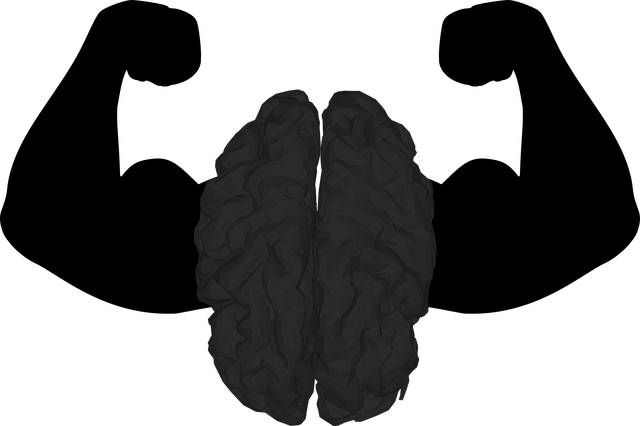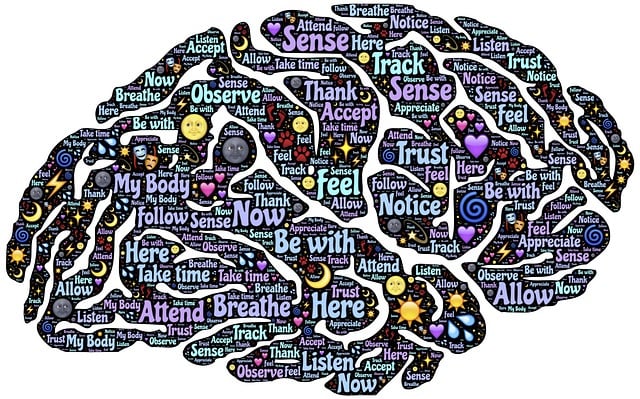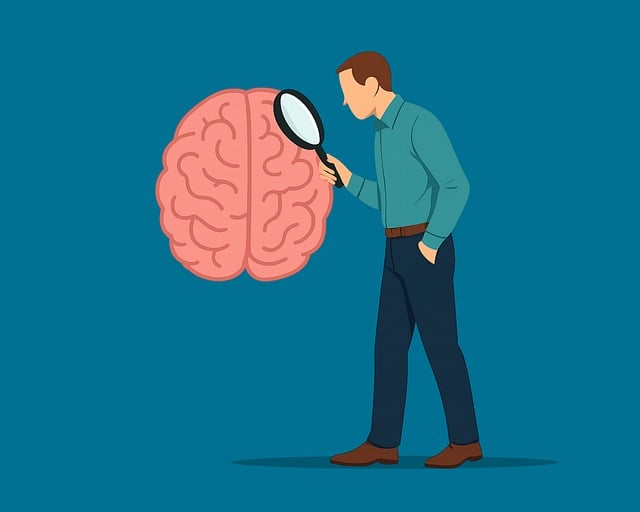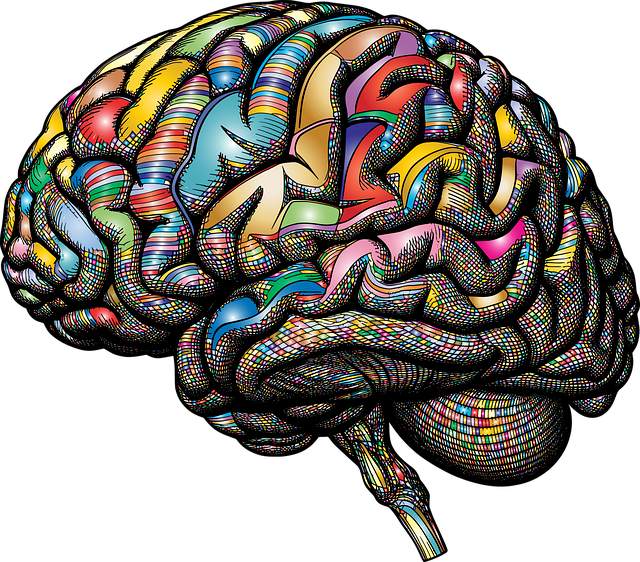Emotional intelligence (EI) is a key to success for individuals with Autism Spectrum Disorder (ASD), enabling them to navigate social interactions, build connections, and manage crises effectively. Lafayette Autism Spectrum Disorder Therapy offers specialized strategies, including self-esteem building, crisis intervention, and emotional healing processes, to enhance EI. Therapists use active listening, non-verbal cue observation, and emotion validation to strengthen the therapeutic bond and understand unique ASD emotional experiences. By integrating EI into daily routines at home and school, such as during meal times or through Mental Health Education Programs, individuals with ASD can improve mental well-being, develop life skills, and prevent bullying, ultimately achieving greater independence and quality of life.
Emotional intelligence (EQ) plays a pivotal role in enhancing the lives of individuals with Autism Spectrum Disorder (ASD), offering them valuable tools for understanding and managing their emotions. This article explores the concept of EQ, delving into its profound impact on ASD individuals. We provide practical strategies for therapists to foster emotional intelligence through targeted interventions. Furthermore, we offer guidance on integrating these techniques into daily routines at home and school, using Lafayette Autism Spectrum Disorder Therapy as a framework for successful implementation.
- Understanding Emotional Intelligence and its Impact on Individuals with Autism Spectrum Disorder (ASD)
- Strategies for Enhancing Emotional Intelligence Skills in the Therapy Setting
- Practical Application: Incorporating Emotional Intelligence Building into Daily Routines at Home and School
Understanding Emotional Intelligence and its Impact on Individuals with Autism Spectrum Disorder (ASD)

Emotional intelligence (EI) is a key aspect of human interaction and well-being, enabling individuals to recognize, understand, and manage their own emotions, as well as empathize with others. For individuals with Autism Spectrum Disorder (ASD), developing emotional intelligence can be transformative. Often, those on the autism spectrum experience unique challenges in interpreting social cues and expressing emotions, which may lead to difficulties in relationships and daily life.
Lafayette Autism Spectrum Disorder Therapy focuses on empowering individuals to navigate their emotional landscape. Through tailored strategies, such as self-esteem improvement techniques, crisis intervention guidance, and emotional healing processes, those with ASD can enhance their EI. This involves learning to identify and label emotions, understanding the impact of one’s actions on others, and developing effective communication skills. By building emotional intelligence, individuals with ASD can improve their social interactions, foster deeper connections, and better manage potential crises, ultimately leading to enhanced quality of life and greater independence.
Strategies for Enhancing Emotional Intelligence Skills in the Therapy Setting

In the therapy setting, enhancing emotional intelligence (EI) skills is paramount for fostering effective treatment outcomes, especially when working with individuals on the autism spectrum. Therapists can employ several strategies to improve their EI abilities, such as actively listening attentively, observing non-verbal cues, and validating emotions expressed by clients. These techniques not only strengthen the therapeutic bond but also help therapists understand the unique emotional experiences of those with Autism Spectrum Disorder (ASD). For instance, in Lafayette Autism Spectrum Disorder Therapy, recognizing and interpreting subtle emotional signals can significantly impact the success of intervention strategies.
Moreover, ongoing training in mental health policy analysis and advocacy ensures that therapists stay updated on best practices and ethical guidelines. Healthcare provider cultural competency training is another vital component, enabling professionals to offer culturally sensitive care tailored to diverse client backgrounds. Additionally, risk assessment for mental health professionals should be integrated into clinical practice to mitigate potential challenges and ensure the well-being of both therapist and client during emotionally intense sessions.
Practical Application: Incorporating Emotional Intelligence Building into Daily Routines at Home and School

Incorporating emotional intelligence (EI) building into daily routines at home and school is a practical step towards fostering healthier relationships and improved mental well-being, especially for individuals with Lafayette Autism Spectrum Disorder Therapy needs. EI skills, such as self-awareness, self-management, social awareness, relationship skills, and responsible decision-making, can be integrated seamlessly into everyday activities. For instance, parents can use meal times to encourage children to identify their emotions and discuss strategies to manage them. Simple exercises like this not only enhance emotional literacy but also provide a safe space for open communication.
Schools playing a pivotal role in EI development can implement Mental Health Education Programs Design tailored to different age groups. These programs can include Social Skills Training to help students recognize and interpret non-verbal cues, thereby improving their ability to navigate social interactions. Conflict Resolution Techniques can be taught as a proactive measure against bullying, promoting empathy and understanding among peers. By integrating these practices into the educational framework, schools contribute to a supportive environment where students learn valuable life skills while fostering positive relationships with peers and teachers alike.
Emotional intelligence (EI) is a powerful tool for enhancing the lives of individuals with Autism Spectrum Disorder (ASD), as demonstrated in Lafayette Autism Spectrum Disorder Therapy. By understanding and implementing strategies from therapy sessions, parents and educators can foster EI development in daily routines at home and school. This holistic approach not only improves social interactions but also empowers individuals with ASD to navigate their emotions effectively, leading to greater independence and overall well-being.












